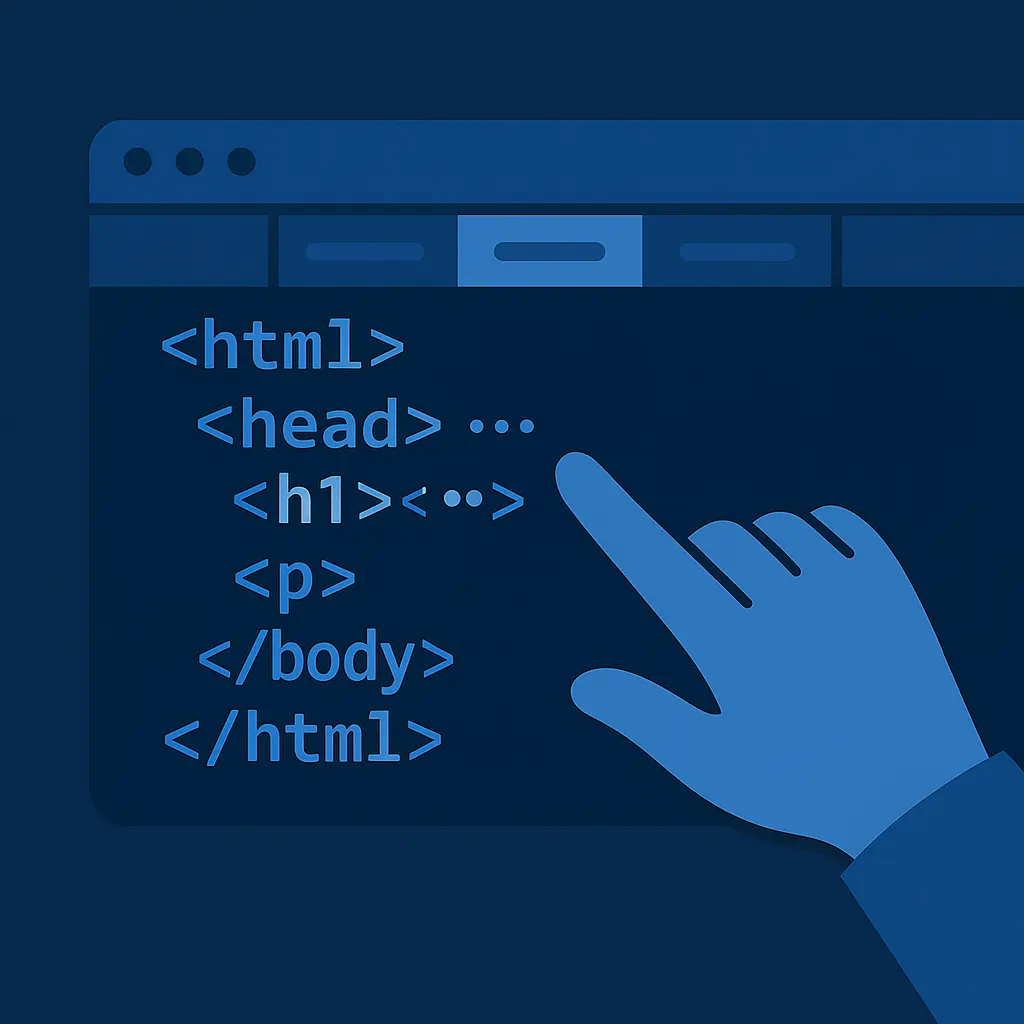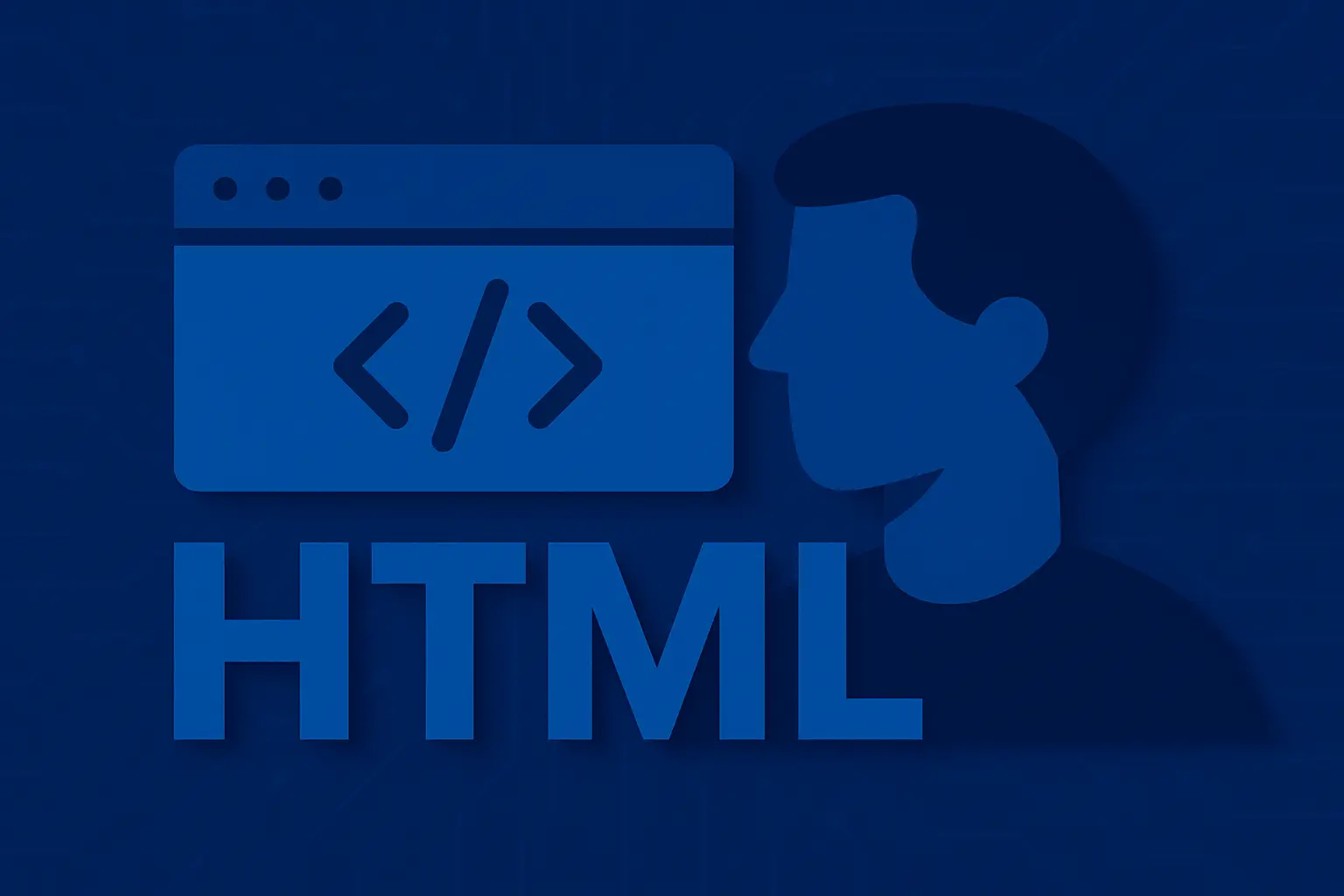Every founder has heard some version of this before: “Stick to your strengths.” You are told your job is to lead, to strategise, to network, to delegate. You are not meant to worry about the technical minutiae. That is what the dev team is for. That is what your agency is for. That is what you pay other people to do. And in many cases, this advice is sound — up to a point. But here is the quiet reality that nobody talks about: the founders and business leaders who consistently avoid technical literacy often end up burned, frustrated, and overcharged. Because in the digital age, technical illiteracy is operational liability.
At Quantum Pixel, we have worked with enough businesses to see the pattern. Founders who know absolutely nothing about the inner workings of their website tend to fall into one of two traps. Either they end up spending vast amounts of money on ineffective or bloated websites because they cannot evaluate technical decisions, or they get held hostage by internal or external teams who use jargon as a shield to avoid accountability. Both situations result in the same thing: slow progress, wasted money, and a constant sense of digital frustration.
Now, let us be clear. Nobody is suggesting that every founder should become a developer. You do not need to learn full-stack engineering, JavaScript frameworks, or the latest hot front-end trends. But every founder should learn the basics of HTML. Not because you are going to code your website yourself, but because understanding HTML fundamentally changes the way you interact with your digital assets, your technical teams, and your business growth strategy.
Why HTML Is Foundational Business Knowledge in the Digital Age
HTML is not complicated. It is not a programming language. It is not some cryptic syntax reserved for technical wizards. HTML is simply the structure of the web. It is the skeleton underneath every website you visit. It is the basic markup that tells browsers, search engines, and accessibility devices what your content is and how it should be understood. And that means learning basic HTML is not about becoming a technician — it is about becoming fluent in the structure of your most important business platform.
When you understand HTML, even at a basic level, your relationship with your website changes. You stop seeing it as a mystical black box that you need to throw money at. You start seeing it as a system — a system made of understandable, inspectable parts. You gain the ability to quickly glance at a website’s source code and immediately spot red flags. You understand the difference between a heading and a styled div. You can tell when someone is hiding bloated code under shiny design. You can have informed conversations with developers rather than being sidelined by jargon.

The Practical Business Advantages of Basic HTML Knowledge
One of the most immediate benefits of learning HTML is the protection it offers against bad agencies and bad freelancers. You would be surprised how many “professionals” charge premium rates while delivering technically embarrassing work. We have seen enterprise-level websites riddled with hard-coded navigation, broken semantic structures, useless meta tags, and meaningless accessibility features thrown in to tick a box. Founders who understand HTML can spot these failings before they become expensive rework projects.
Beyond protection, HTML literacy makes you a sharper operator. You will understand what is easy versus what is genuinely complex when scoping website projects. You will stop wasting time arguing about cosmetic changes while ignoring architectural weaknesses. You will appreciate why performance matters — and why you should not let marketing teams install twenty tracking scripts without oversight. You will know when your website is fundamentally healthy or just coasting on appearances.
Even operationally, small doses of HTML knowledge unlock practical advantages. Founders who understand markup can tweak small bits of content themselves without waiting for developer availability. They can test hypotheses quickly. They can manage their own landing pages, understand how blog content is structured, and oversee content strategies without needing to beg for technical help. It saves time, reduces dependency, and increases operational speed.
The Bigger Picture: Leadership Through Literacy
Modern businesses live and die by their digital presence. It is the single most leveraged channel for marketing, customer acquisition, and operational efficiency. For a founder to remain willfully ignorant of the language that governs their main business engine is not a strength — it is a weakness. Basic literacy in HTML does not make you a developer, but it does make you a sharper leader. It lets you ask better questions, make faster decisions, and avoid costly mistakes. It empowers you to hold agencies accountable. It allows you to spot when your internal teams are cutting corners. It gives you control over your digital direction rather than leaving you dependent on intermediaries.
And perhaps most importantly, it changes the way you think about digital growth. Once you see how the web is structured under the hood, you start making clearer decisions about scalability, maintainability, and business impact. You stop falling for shiny features that add no value. You start caring about the structural integrity of your digital assets. You lead your business like a modern operator who understands their tools — rather than someone being dragged along by them.

Founders Should Not Code, But They Should Understand
This is not about learning to code your own website. This is about understanding enough to lead effectively in the digital age. It is about closing the knowledge gap that so many founders leave wide open — and which others happily exploit. A few hours spent learning HTML basics pays back over years of smarter decisions, tighter oversight, and faster execution.
At Quantum Pixel, we believe businesses perform better when their leadership understands their digital infrastructure — even if they never touch a line of production code. You do not need to code. But you do need to understand. And HTML is the single highest-leverage starting point.
